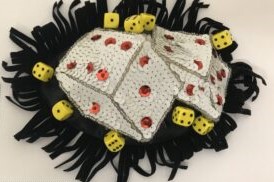![]()
Atlanta’s supplemental Jewish education programs look quite different these days, and it’s not just because they are adapting to a pandemic. In several prominent programs throughout the community, there are fresh faces who assumed new leadership roles during this challenging and exciting time. We extend a warm welcome to the following dedicated and talented Jewish Educators:
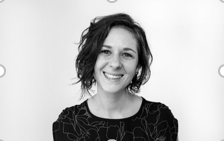 Sharon Graetz is the new Education Director at Ahavath Achim Synagogue. Sharon is a graduate of the Hebrew Union College in Los Angeles, with M.A.’s in Jewish Education and Jewish Nonprofit Management. Sharon has a wide range of experience, from programming at the Westside Jewish Community Center in Los Angeles, to being part of the leadership team at Jewish Kids Groups in Atlanta. Most recently, she enjoyed her role as Limudim Director at IKAR in L.A., collaborating with students, staff, and families to revitalize kids’ learning. Sharon is driven by her passion to infuse deep Jewish learning with positive and fun experiences. Sharon is drawn to project-based learning, a method in which students take the lead in their education, responding to authentic and engaging questions. She is excited to offer a vibrant program at AA with opportunities for students to engage in real-world and meaningful projects with the goal of making Jewish tradition relevant and inspiring.
Sharon Graetz is the new Education Director at Ahavath Achim Synagogue. Sharon is a graduate of the Hebrew Union College in Los Angeles, with M.A.’s in Jewish Education and Jewish Nonprofit Management. Sharon has a wide range of experience, from programming at the Westside Jewish Community Center in Los Angeles, to being part of the leadership team at Jewish Kids Groups in Atlanta. Most recently, she enjoyed her role as Limudim Director at IKAR in L.A., collaborating with students, staff, and families to revitalize kids’ learning. Sharon is driven by her passion to infuse deep Jewish learning with positive and fun experiences. Sharon is drawn to project-based learning, a method in which students take the lead in their education, responding to authentic and engaging questions. She is excited to offer a vibrant program at AA with opportunities for students to engage in real-world and meaningful projects with the goal of making Jewish tradition relevant and inspiring.
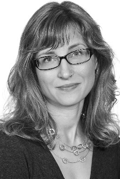 Amy Cooper Robertson, Ph.D is the new Director of Lifelong Learning at Congregation Or Hadash. Amy began her career in academia, earning a PhD in Religion/Hebrew Bible from Emory and teaching Tanakh, Judaism, Biblical Hebrew, and critical thinking and writing. Amy later shifted her focus to Jewish communal work and has found that the intersection of community building, program leadership and Jewish learning is her favorite place to be. Amy served as the Education Director and later the Executive Director at Congregation Bet Haverim, taught Judaics at The Davis Academy, served as Rosh Chinuch at Camp Havaya in the Poconos, and tutored many b’nai mitzvah students. She is passionate about projects of “practical innovation” – identifying and addressing the barriers that keep Jews from engaging more deeply with learning and community. Amy is very happy to be back in an educational leadership role and is excited to begin a new chapter at Or Hadash
Amy Cooper Robertson, Ph.D is the new Director of Lifelong Learning at Congregation Or Hadash. Amy began her career in academia, earning a PhD in Religion/Hebrew Bible from Emory and teaching Tanakh, Judaism, Biblical Hebrew, and critical thinking and writing. Amy later shifted her focus to Jewish communal work and has found that the intersection of community building, program leadership and Jewish learning is her favorite place to be. Amy served as the Education Director and later the Executive Director at Congregation Bet Haverim, taught Judaics at The Davis Academy, served as Rosh Chinuch at Camp Havaya in the Poconos, and tutored many b’nai mitzvah students. She is passionate about projects of “practical innovation” – identifying and addressing the barriers that keep Jews from engaging more deeply with learning and community. Amy is very happy to be back in an educational leadership role and is excited to begin a new chapter at Or Hadash
Jewish Kids Groups has three new Site Directors!
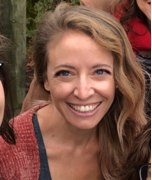 Jordana “Joey” Heyman is JKG’s new Brookhaven Director. Joey has committed nearly two decades to Jewish education, working in both teacher and administrator roles in overnight and day camps, day schools, and youth groups. Joey earned a Masters in Experiential Education from American Jewish University and completed a post-graduate fellowship in Jewish Education and Advanced Jewish Studies through the Pardes Institute in Jerusalem before moving to Atlanta, where she is consistently inspired by our broad and innovative Jewish community. Joey is passionate about helping people find themselves in Judaism and brings a focus on community building and conflict resolution to JKG.
Jordana “Joey” Heyman is JKG’s new Brookhaven Director. Joey has committed nearly two decades to Jewish education, working in both teacher and administrator roles in overnight and day camps, day schools, and youth groups. Joey earned a Masters in Experiential Education from American Jewish University and completed a post-graduate fellowship in Jewish Education and Advanced Jewish Studies through the Pardes Institute in Jerusalem before moving to Atlanta, where she is consistently inspired by our broad and innovative Jewish community. Joey is passionate about helping people find themselves in Judaism and brings a focus on community building and conflict resolution to JKG.
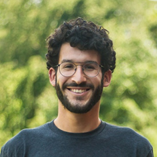 Gabe Monett is JKG’s new Decatur Director. He has spent the majority of his post–collegiate career creating Jewish community for all ages. Through his roles with Jewish organizations including Repair the World, Ramah Darom, and Moishe House, he has honed his passion for connecting and bringing people together. A local Atlantan through and through, Gabe grew up in the Emory area and attended the Paideia School for thirteen years before earning a Film Studies degree from Georgia State University.
Gabe Monett is JKG’s new Decatur Director. He has spent the majority of his post–collegiate career creating Jewish community for all ages. Through his roles with Jewish organizations including Repair the World, Ramah Darom, and Moishe House, he has honed his passion for connecting and bringing people together. A local Atlantan through and through, Gabe grew up in the Emory area and attended the Paideia School for thirteen years before earning a Film Studies degree from Georgia State University.
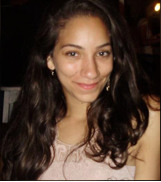 Sivan Abada is JKG’s new Sandy Springs Director. Sivan is involved in communication with families, planning, curriculum development, team management, administration, and program initiatives. Sivan was born and raised in Israel. Following her service in the IDF, Sivan studied Behavioral Sciences and graduated from Ariel University. She has an extensive background in human resources management. Her interest in education grew when she was an instructor in Israeli summer camps, where she planned creative activities for children. Sivan brings her passion for camp-style education, love for Israel, and her unique teaching philosophy to the JKG community.
Sivan Abada is JKG’s new Sandy Springs Director. Sivan is involved in communication with families, planning, curriculum development, team management, administration, and program initiatives. Sivan was born and raised in Israel. Following her service in the IDF, Sivan studied Behavioral Sciences and graduated from Ariel University. She has an extensive background in human resources management. Her interest in education grew when she was an instructor in Israeli summer camps, where she planned creative activities for children. Sivan brings her passion for camp-style education, love for Israel, and her unique teaching philosophy to the JKG community.
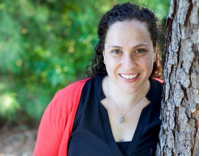 Michelle Erste is the new Director of the Mitzner Family Religious School and Family Programming at Temple Kehillat Chaim. Michelle has been a Jewish educator for seven years, serving as a religious school and Hebrew teacher at Kehillat Chaim for children in Pre-K through 7th grade. Having already invested many hours in lesson planning, preparation, and teaching, Michelle loved the idea of being able to have a larger role in her children’s – and all of TKC’s children’s – Jewish education. She grew up in the congregation herself, and she was thrilled to step up to assume a larger role in the education program and to give back to her community. Michelle is especially excited to use her marketing background to help Kehillat Chaim grow and thrive!
Michelle Erste is the new Director of the Mitzner Family Religious School and Family Programming at Temple Kehillat Chaim. Michelle has been a Jewish educator for seven years, serving as a religious school and Hebrew teacher at Kehillat Chaim for children in Pre-K through 7th grade. Having already invested many hours in lesson planning, preparation, and teaching, Michelle loved the idea of being able to have a larger role in her children’s – and all of TKC’s children’s – Jewish education. She grew up in the congregation herself, and she was thrilled to step up to assume a larger role in the education program and to give back to her community. Michelle is especially excited to use her marketing background to help Kehillat Chaim grow and thrive!
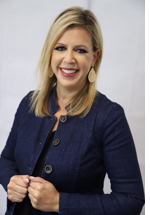 Hope Chernak, RJE, is the Interim Education Director at Temple Kol Emeth. Hope earned an M.A. degree in Religious Education at Hebrew Union College-Jewish Institute of Religion, and the title Reform Jewish Educator (RJE). She was a 2016 recipient of the Grinspoon North American Award for Excellence in Jewish Education and received a certificate in Israel Education from the Center for Israel Education in 2016. She also has a degree in Business Administration with a concentration in Management and Marketing from Webber International University. Hope has worked in Jewish education for over twenty years. Prior to joining Temple Kol Emeth, she served as the founding Executive Director of JUMPSPARK: the Atlanta Jewish Teen Initiative (AJTI), and Chief Programming Officer at the MJCCA. In New York City, she served as the Managing Director of the North American Federation of Temple Youth (NFTY) and the Director of Youth and Informal Education & Israel Programs at Temple Shaaray Tefila. Originally from Orlando, FL, Hope spent eight summers on staff at Camp Coleman. Hope is thrilled to have joined the team at Temple Kol Emeth, to partner with the rabbi, leadership and staff to support and build upon the education program’s exceptional foundation.
Hope Chernak, RJE, is the Interim Education Director at Temple Kol Emeth. Hope earned an M.A. degree in Religious Education at Hebrew Union College-Jewish Institute of Religion, and the title Reform Jewish Educator (RJE). She was a 2016 recipient of the Grinspoon North American Award for Excellence in Jewish Education and received a certificate in Israel Education from the Center for Israel Education in 2016. She also has a degree in Business Administration with a concentration in Management and Marketing from Webber International University. Hope has worked in Jewish education for over twenty years. Prior to joining Temple Kol Emeth, she served as the founding Executive Director of JUMPSPARK: the Atlanta Jewish Teen Initiative (AJTI), and Chief Programming Officer at the MJCCA. In New York City, she served as the Managing Director of the North American Federation of Temple Youth (NFTY) and the Director of Youth and Informal Education & Israel Programs at Temple Shaaray Tefila. Originally from Orlando, FL, Hope spent eight summers on staff at Camp Coleman. Hope is thrilled to have joined the team at Temple Kol Emeth, to partner with the rabbi, leadership and staff to support and build upon the education program’s exceptional foundation.
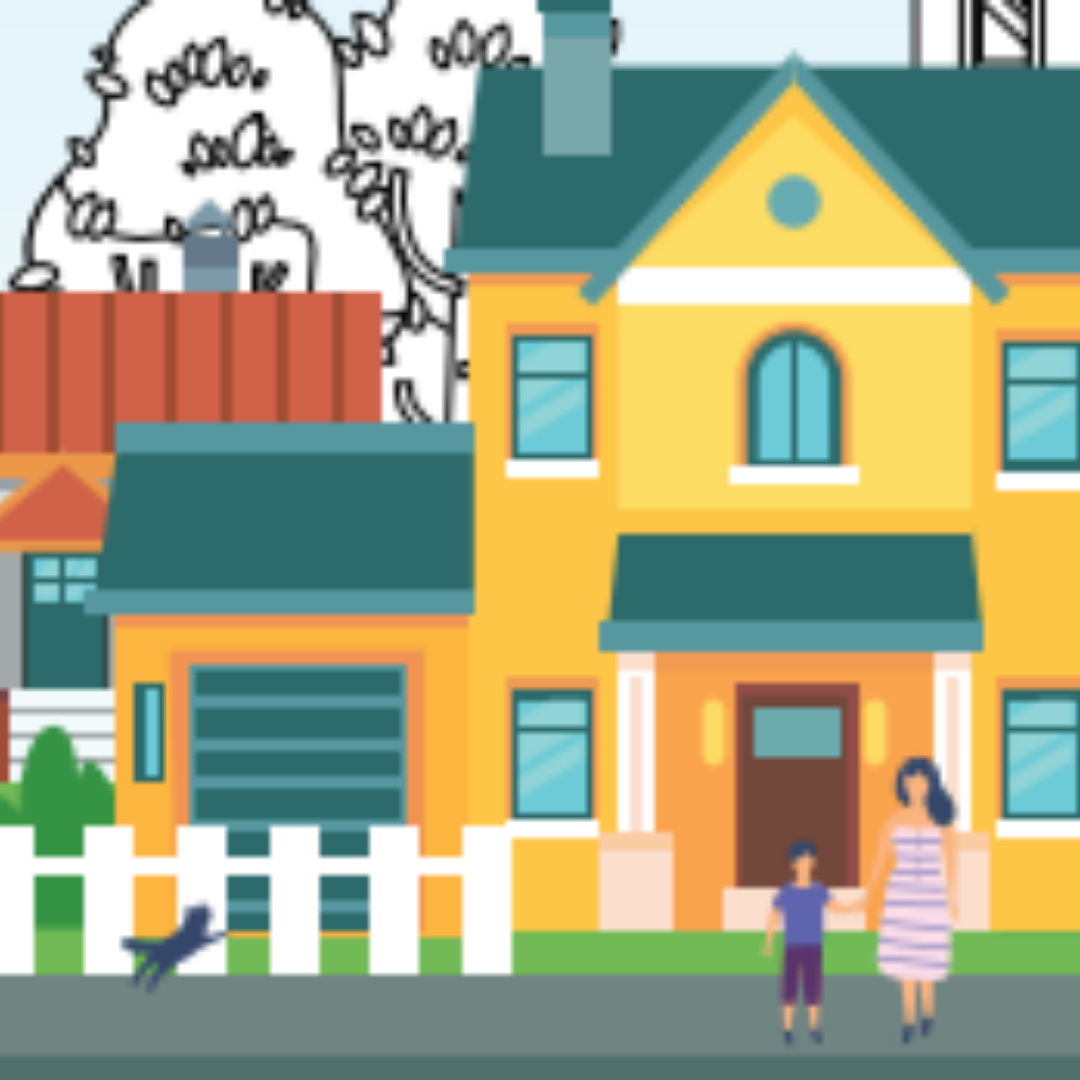
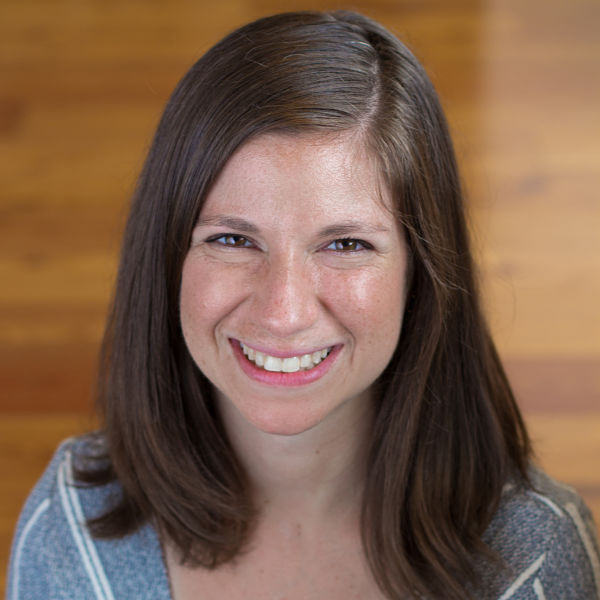
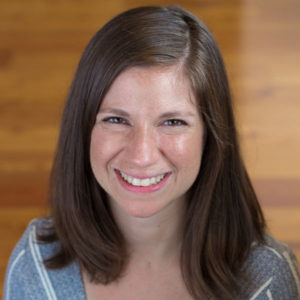

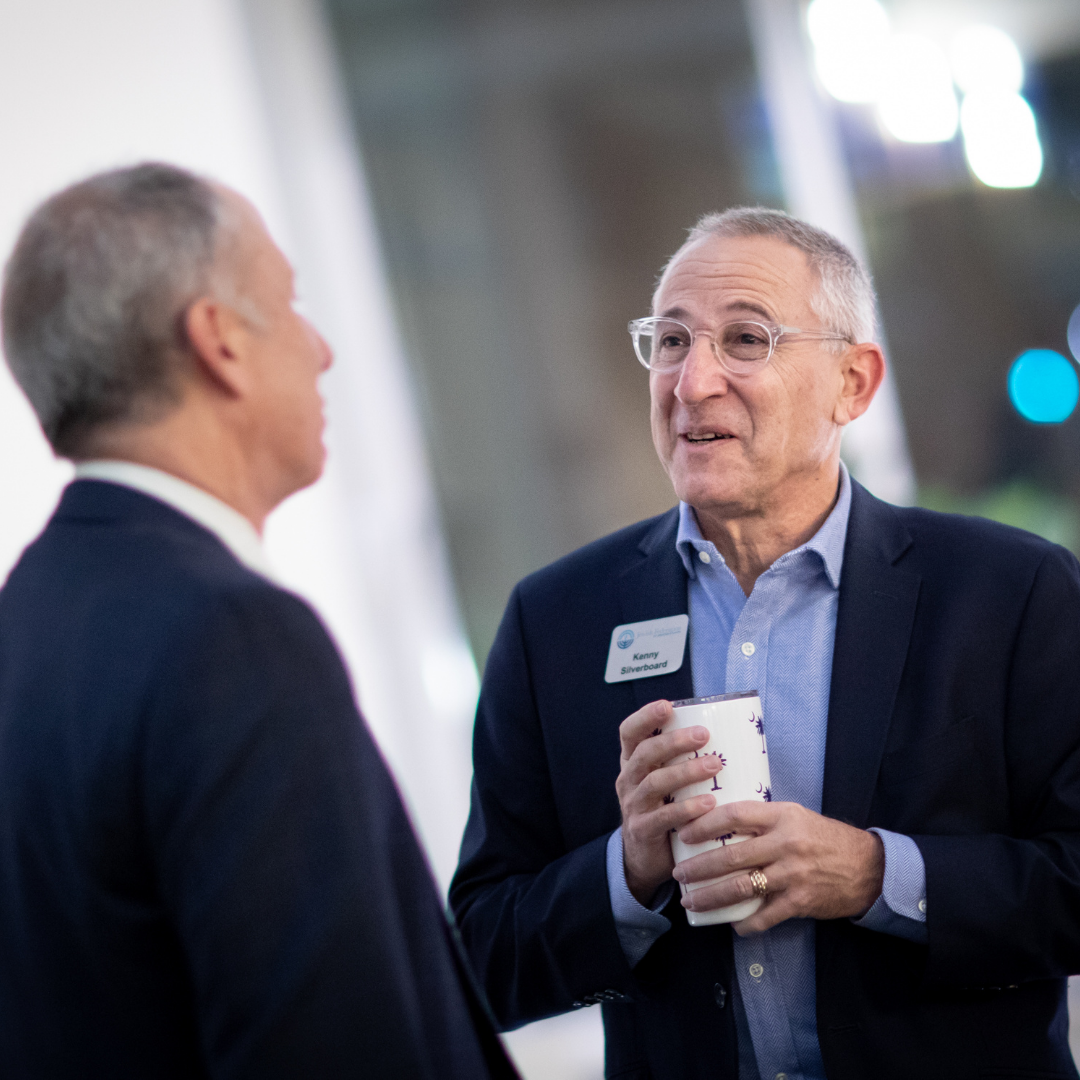
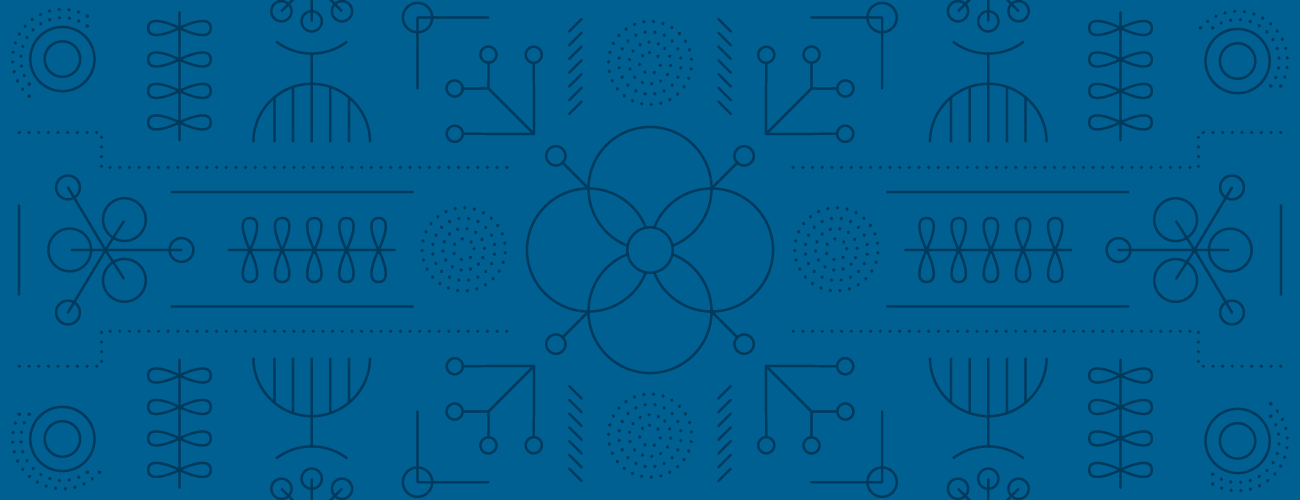
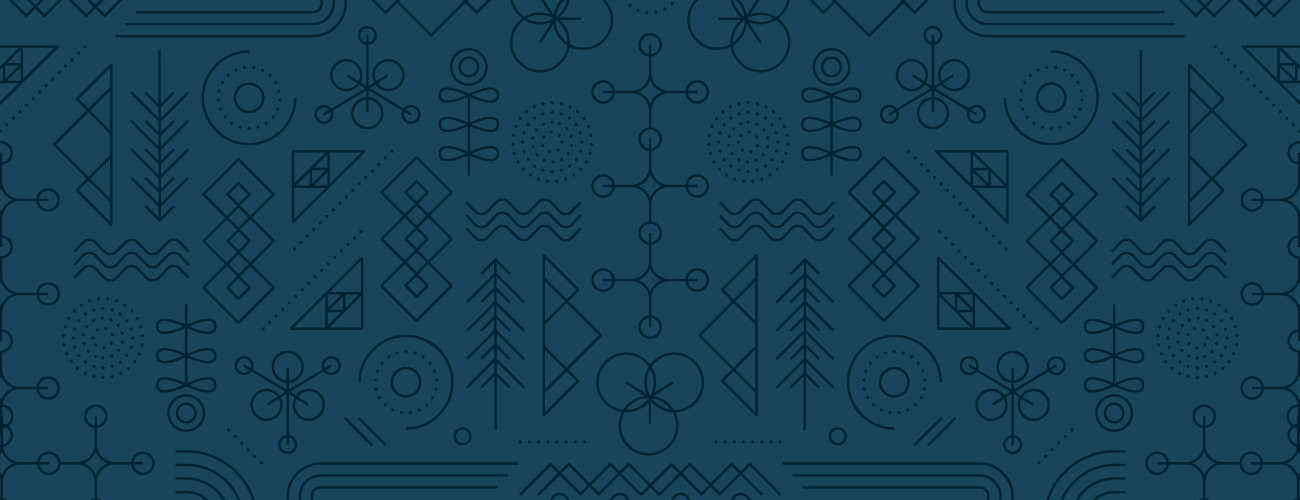
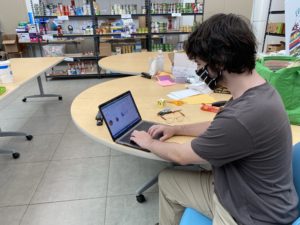
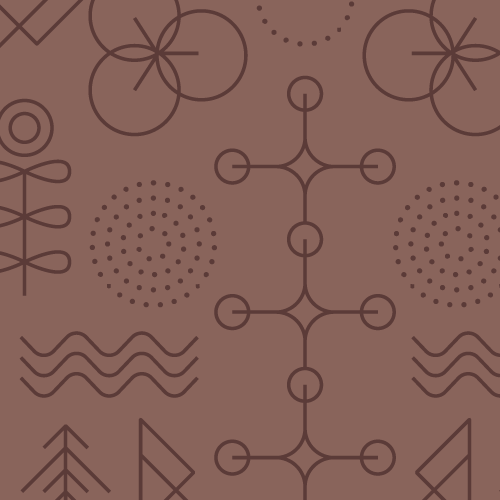
 Sharon Graetz is the new Education Director at
Sharon Graetz is the new Education Director at  Amy Cooper Robertson,
Amy Cooper Robertson,  Jordana “
Jordana “ Gabe
Gabe  Sivan
Sivan  Michelle Erste is the new Director of the Mitzner Family Religious School and Family Programming at
Michelle Erste is the new Director of the Mitzner Family Religious School and Family Programming at  Hope Chernak, RJE, is the Interim Education Director at
Hope Chernak, RJE, is the Interim Education Director at 
